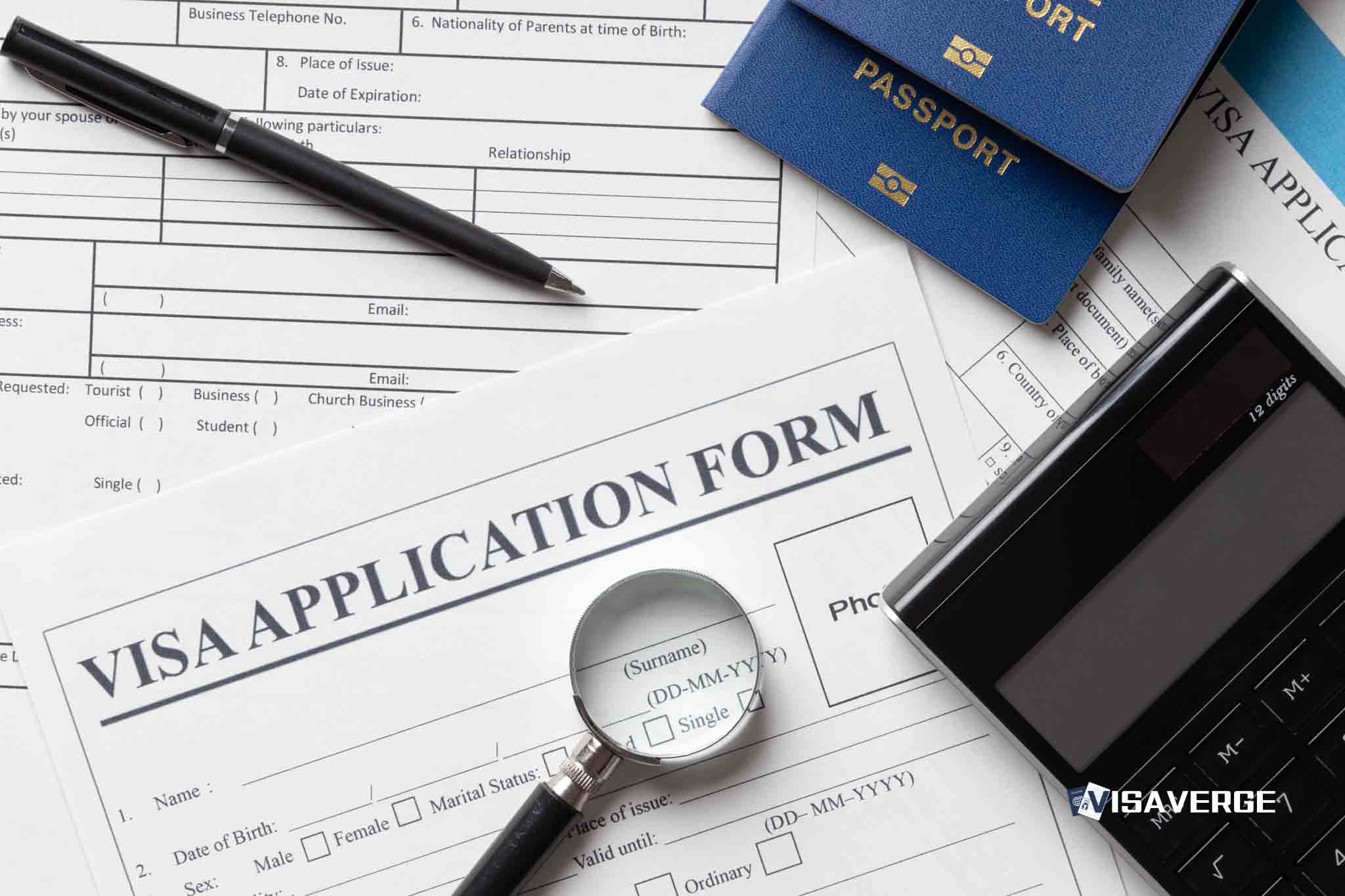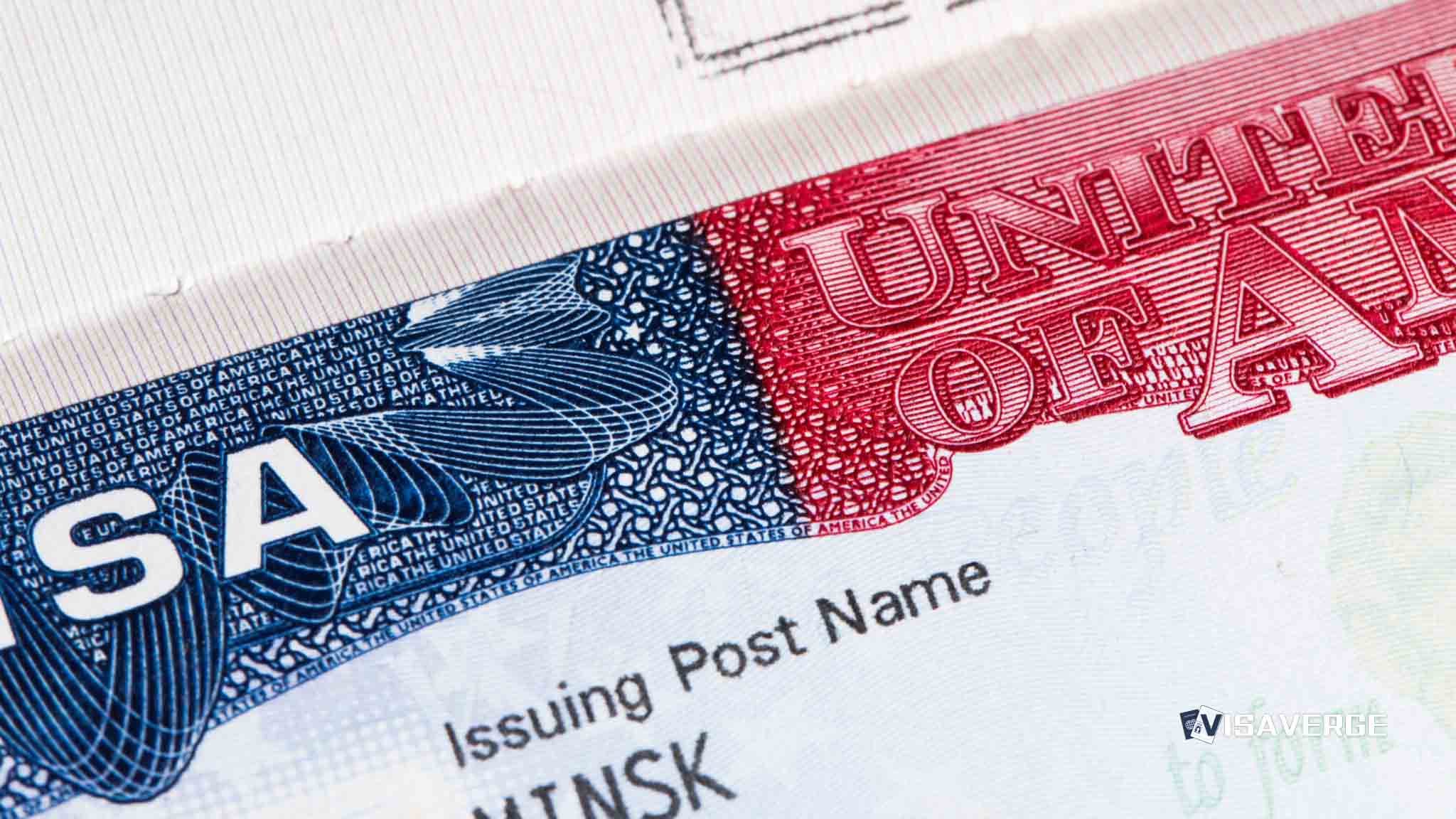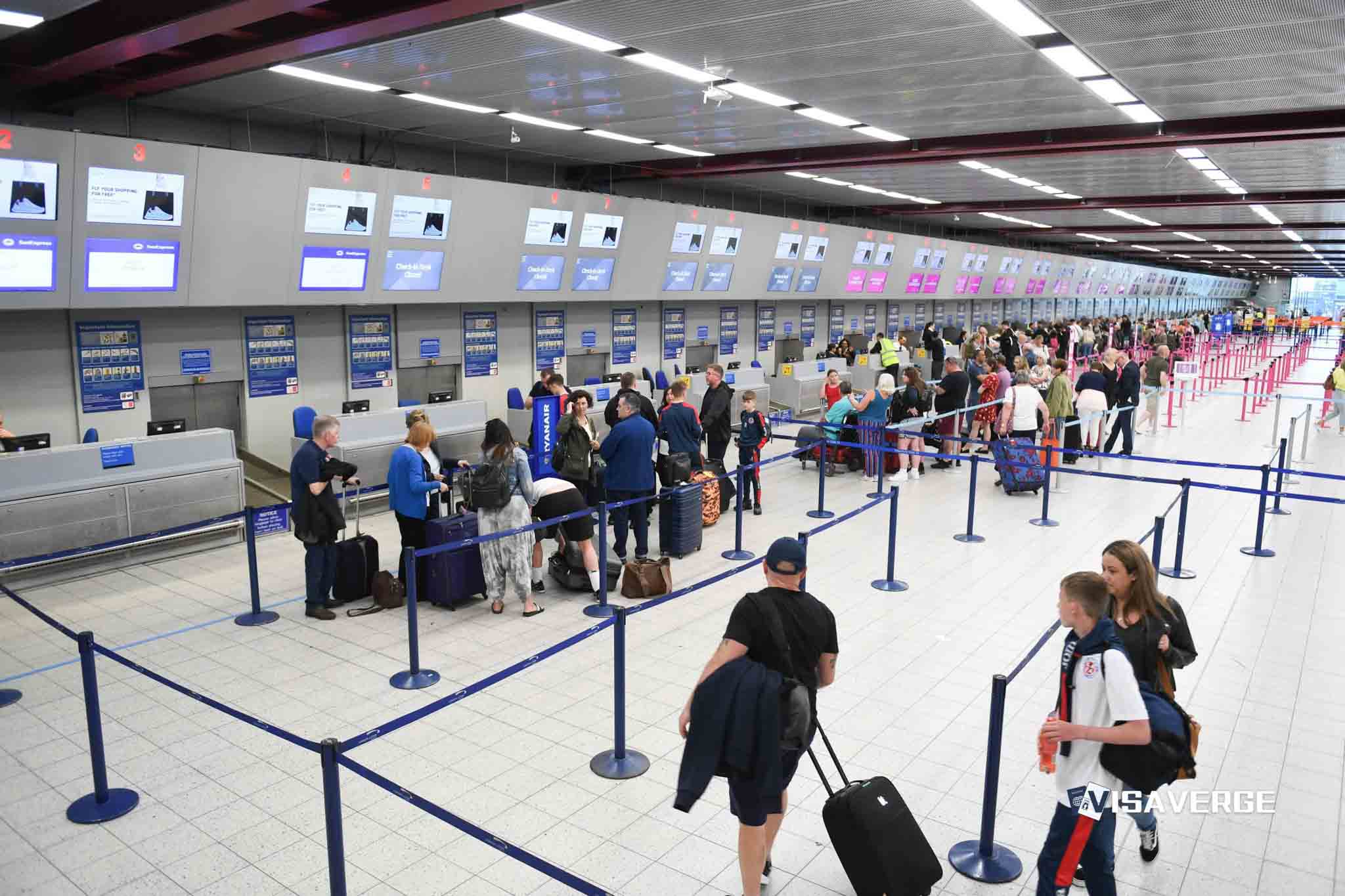(UNITED STATES) O-1 and P-1 visa petitions continue to move through the system even if the federal government shuts down, with U.S. Citizenship and Immigration Services keeping most operations running because it is funded by fees rather than annual congressional spending. That means artists, entertainers, and athletes seeking an O-1 visa or P-1 visa can still expect ongoing USCIS processing of their petitions during a lapse in federal funding, including cases filed with Form I-129, Petition for a Nonimmigrant Worker and those that request premium processing. Consular visa services also generally keep operating, though some posts may scale back non-emergency services if local funds become tight.
How USCIS funding affects O-1 and P-1 processing

USCIS has long explained that it operates mainly on application and petition fees, not yearly appropriations. As a result, most USCIS services continue during a shutdown, including regular and premium processing for Form I-129, Petition for a Nonimmigrant Worker—the form used for O-1 and P-1 petitions.
- Applicants and employers can still file, get receipt notices, and receive decisions.
- Premium processing (a separate request and fee) generally remains available as well.
- According to analysis by VisaVerge.com, USCIS historically keeps O and P adjudications active even when some other agencies pause functions.
Department of Labor (DOL) — what pauses and what doesn’t
Importantly, the Department of Labor’s Office of Foreign Labor Certification suspends operations during a shutdown. That halts processing of certain labor certifications and Labor Condition Applications (LCAs). This affects categories such as H-1B that rely on DOL certification.
- Critical distinction: O-1 and P-1 petitions do not require DOL certification, so the DOL shutdown does not block O-1 or P-1 cases.
- O-1 is for individuals with extraordinary ability in fields such as arts, athletics, film, television, science, education, or business.
- P-1 covers athletes and entertainment groups.
Department of State (consulates and embassies)
Visa work at embassies and consulates is also fee-funded, allowing posts to continue most services during a shutdown. However, the pace can vary by location.
- Most posts continue regular consular processing.
- Some posts may limit non-emergency appointments if local funds run low, causing possible wait-time increases or fewer interview slots.
- Emergency and diplomatic visa services typically continue.
- Applicants should monitor the State Department’s visa portal for guidance: https://travel.state.gov/content/travel/en/us-visas.html
Other federal agencies and key impacts
- Customs and Border Protection (CBP): Continues essential operations, including inspection at ports of entry.
- Immigration and Customs Enforcement (ICE): Continues enforcement and detention functions.
- E-Verify: Suspended during a shutdown. Employers cannot run new queries while it is down; this pause does not change USCIS review of O-1 or P-1 petitions.
Important: The suspension of E-Verify is separate from petition adjudication and does not affect USCIS decisions on O-1/P-1 petitions.
Filing details and premium processing
USCIS processing for O-1 and P-1 petitions runs through Form I-129, Petition for a Nonimmigrant Worker, with premium processing typically requested via Form I-907, Request for Premium Processing Service.
- Premium processing generally provides a faster response window and has continued in past shutdowns because it is also fee-funded.
- Official USCIS form links:
Form I-129, Petition for a Nonimmigrant Worker(USCIS): https://www.uscis.gov/i-129Form I-907, Request for Premium Processing Service(USCIS): https://www.uscis.gov/i-907
Where shutdowns create friction
During a shutdown, the main friction points tend to arise outside USCIS or at specific consulates:
- Categories that rely on DOL certifications (e.g., H-1B) are affected by DOL suspensions.
- Certain consulates may reduce non-emergency services if local funds run low, leading to slower appointment scheduling.
- Because O and P do not require DOL certification, their adjudication at USCIS is generally more stable.
This distinction is especially important for time-sensitive activities like entertainment tours, major sporting events, and award-season work in film and television, where delays can trigger contract changes.
Practical guidance for applicants, employers, and organizers
- Continue to track USCIS case status online and watch for notices.
- Follow updates from the specific consulate that will handle the visa interview; local conditions can change the pace of scheduling.
- For touring bands, sports teams, or productions:
- File Form I-129 as usual.
- Consider premium processing (Form I-907) to secure a timely decision when deadlines are tight.
- For employers and unions:
- Note that E-Verify is unavailable during a shutdown and cannot be used for new hires during that time.
- The E-Verify pause does not alter O-1/P-1 eligibility standards or USCIS adjudication criteria.
Quick agency-by-agency snapshot
- USCIS
- Continues adjudications for most forms, including O-1 and P-1 via Form I-129.
- Regular and premium processing generally remain available because operations are fee-funded.
- Department of Labor (OFLC)
- Suspends application processing.
- Affects categories requiring LCAs or labor certifications, but not O-1 or P-1.
- Department of State (Consulates/Embassies)
- Visa services generally continue (fee-funded); some posts may limit non-emergency services if funds are low.
- Emergency and diplomatic services continue.
- E-Verify
- Suspended during a shutdown; no direct impact on O-1/P-1 adjudication.
- CBP
- Continues essential operations at ports of entry.
- ICE
- Continues enforcement and detention operations.
Final takeaways
- The fee-funded structure of USCIS and many consular services provides continuity, so O-1 and P-1 petition reviews generally do not stop during a shutdown.
- The Department of Labor pauses functions that do not affect O or P.
- The State Department generally continues visa services, but local slowdowns at consulates may delay interview scheduling or issuance.
- E-Verify is suspended, while CBP and ICE continue essential duties.
Applicants, petitioners, and organizers should keep a close eye on USCIS case status and consulate communications, and plan for uneven service speeds across locations during any funding lapse.
Frequently Asked Questions
This Article in a Nutshell
Because USCIS and most consular visa services are funded by application fees rather than annual Congressional appropriations, O-1 and P-1 visa petitions generally continue to be processed during federal government shutdowns. Petitioners can file Form I-129 and request premium processing via Form I-907; historically USCIS has kept adjudications active. The Department of Labor’s OFLC typically suspends processing during shutdowns, but that does not affect O-1 or P-1 petitions because they do not require LCAs or labor certifications. While consulates often remain operational, some posts may limit non-emergency appointments if local funds run low, potentially increasing wait times. E-Verify is suspended during shutdowns, and CBP and ICE continue essential operations.







